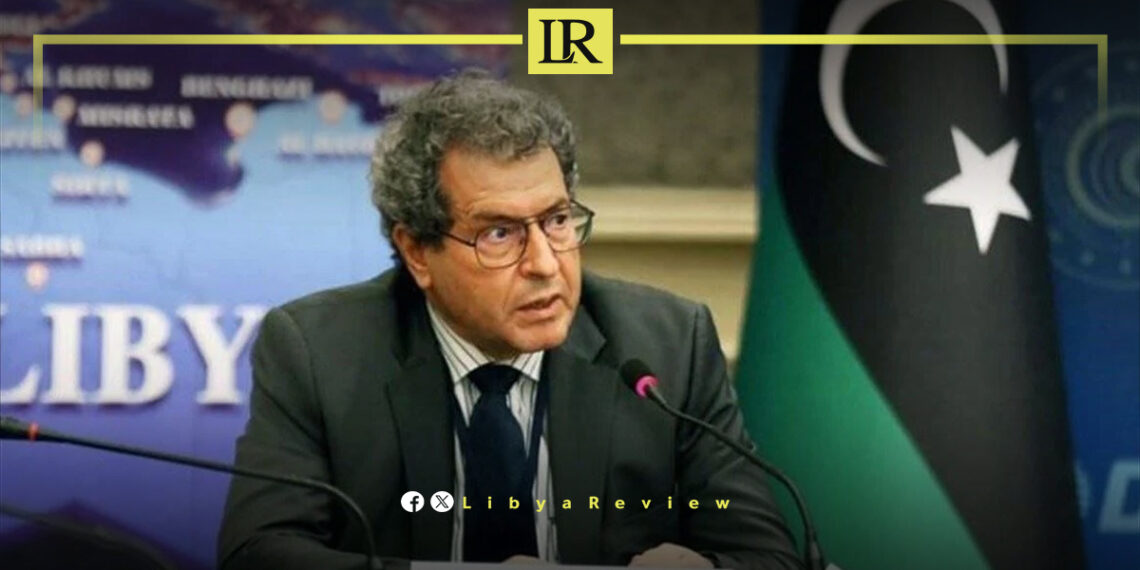On Thursday, Libya’s Minister of Oil and Gas, Mohamed Aoun, unveiled serious legal violations within the National Oil Corporation (NOC) under the interim Government of National Unity (GNU) headed by Prime Minister Abdul Hamid Dbaiba.
Aoun specifically criticized unauthorized agreements with Turkey for oil and gas exploration off the Libyan coast, warning that these violations jeopardize the NOC’s integrity and credibility, which has been a cornerstone of Libya’s oil sector since 1970.
Aoun condemned the NOC for moving forward with a proposal to send a Turkish seismic survey vessel to explore oil and gas off the Libyan coast without following legal procedures. He stressed that such agreements should be handled through a transparent public tender, which was not done in this case.
The Minister emphasized that he was unaware of the deal, making it clear that the NOC had bypassed legal norms. According to Aoun, ignoring these processes opens the door to corruption and weakens public trust in the institution.
This revelation reflects deeper challenges within Libya’s oil industry, which has long been undermined by political instability and a lack of transparency. Aoun’s strong stance against the NOC’s actions signals an urgent need for greater oversight and accountability within the sector, particularly as the country grapples with the mismanagement of its most vital resources.
Aoun expressed grave concerns about the deteriorating reputation of the NOC, stating that “the corporation’s standing is at its worst since it was established in 1970.”
He argued that corruption and poor management have severely eroded the NOC’s ability to function with the transparency and efficiency required for a key national institution. Instead of improving operations, Aoun accused the NOC of continuing to make reckless decisions, such as entering partnerships without following proper legal channels. He warned that these actions have contributed to a broader decline in public confidence and further destabilized the sector.
Aoun also highlighted the severe impact of ongoing oil shutdowns, which have directly affected Libya’s economy. He warned that these shutdowns not only slash national revenue but also harm Libya’s relationships with international oil buyers. “Every shutdown damages our income and jeopardizes our relationships with international customers, who could turn to other suppliers,” Aoun explained.
Given that Libya’s economy is heavily dependent on oil exports, disruptions in production risk long-term damage to the country’s international standing and financial stability. Aoun’s comments reflect broader concerns that unresolved issues in the oil sector could have dire consequences for the nation’s future.


